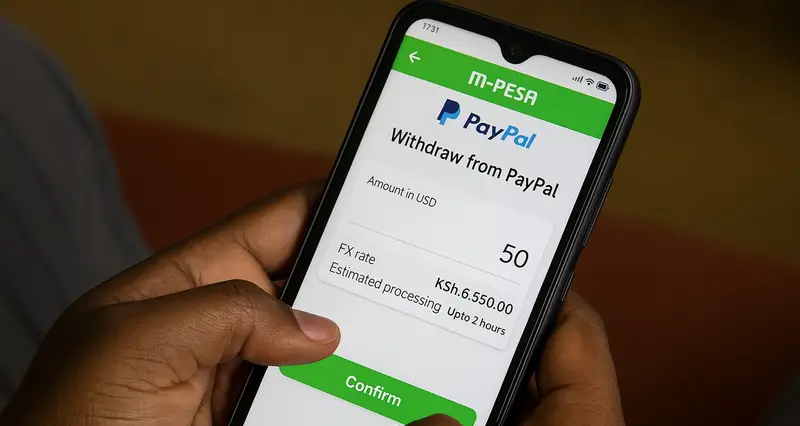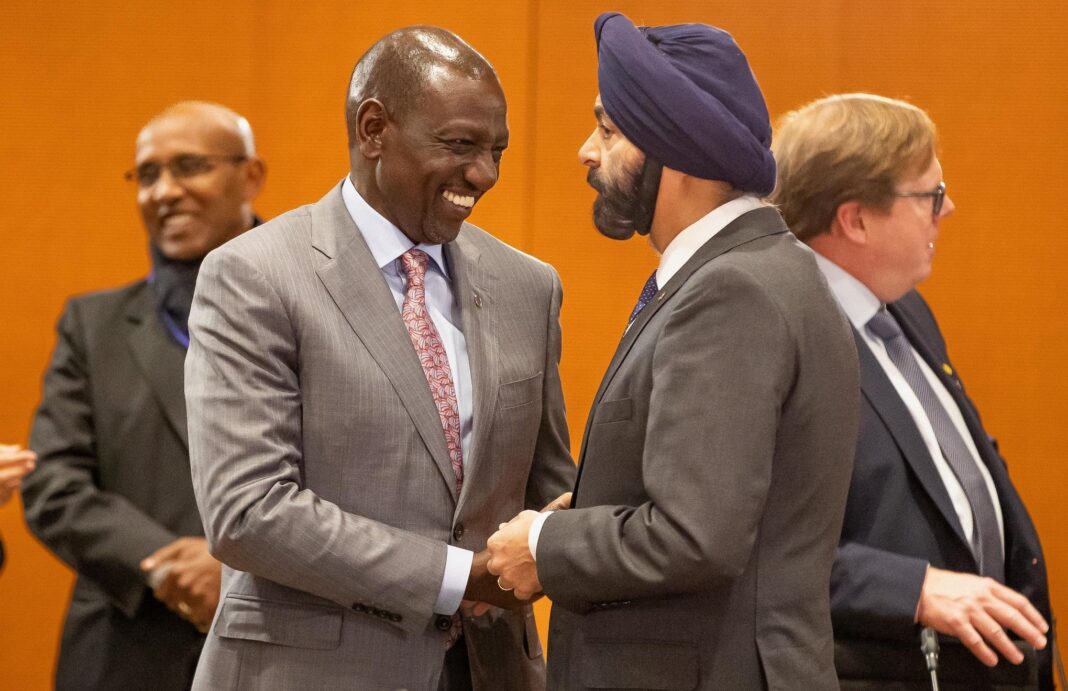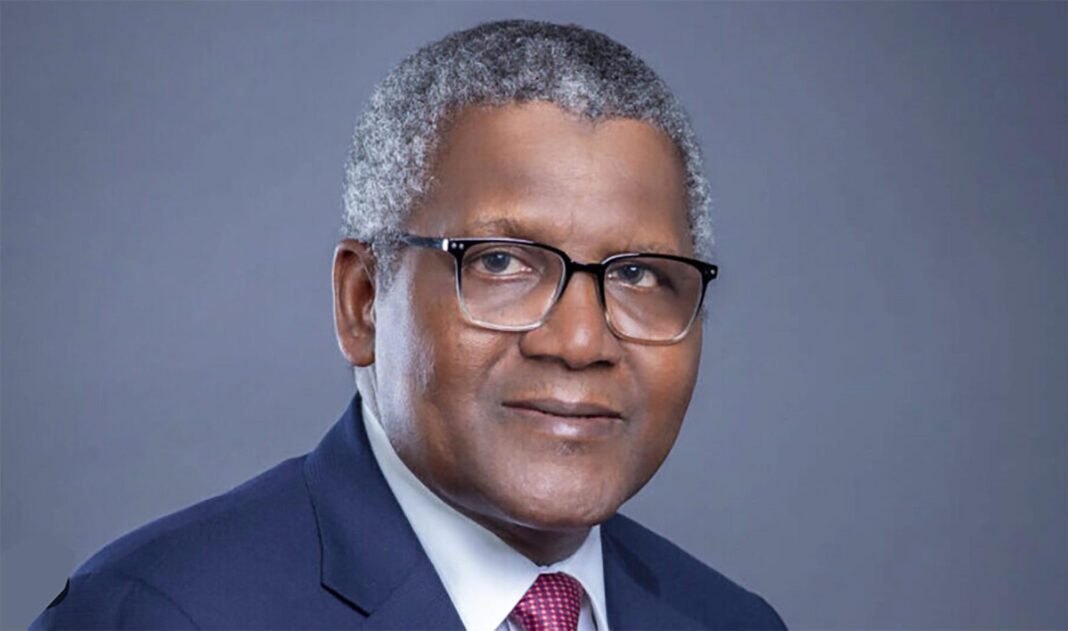Telecom giant targets growing freelancer market with streamlined withdrawal process, but transaction limits may constrain appeal to high earners
NAIROBI, Kenya – Safaricom has rolled out PayPal withdrawal functionality directly within its M-PESA super app, marking a significant step in the telecommunications giant’s push to dominate Kenya’s rapidly expanding digital freelance economy.
The new feature, launched this week as a mini-app within the broader M-PESA platform, allows Kenya’s army of remote workers and freelancers to access their international earnings without navigating the cumbersome web-based portal that has long frustrated users with delays and multiple login requirements.
“This is the first time users can withdraw directly from PayPal via the app, bypassing multiple logins and browser redirects,” the company announced, positioning the move as a direct response to user complaints about the existing paypal-mobilemoney.com/m-pesa web interface.
Riding the Remote Work Wave
The timing couldn’t be more strategic. Kenya’s digital freelance sector has exploded in recent years, with thousands of professionals providing services ranging from software development to digital marketing for international clients who predominantly pay through PayPal.
The COVID-19 pandemic accelerated this trend, creating a substantial market of users seeking efficient ways to convert their overseas earnings into local currency.
Safaricom’s financial results underscore the importance of capturing this demographic. Mobile money revenue surged 15.2% year-on-year to KES 161.1 billion in the year ended March 2025, driven by a 20.3% increase in chargeable transactions per active user, now averaging 37.92 monthly transactions.
The M-PESA app alone processed KES 2.3 trillion in 2024, serving 4.7 million active customers from its 13.7 million total downloads.
“We’re seeing unprecedented growth in digital transactions, and a significant portion of that comes from Kenyans earning money internationally,” said a source familiar with Safaricom’s strategy, who requested anonymity as they were not authorized to speak publicly.
“The PayPal integration is about keeping those flows within our ecosystem.”
Competitive Landscape

The move positions Safaricom alongside Equity Bank, which currently operates Kenya’s primary instant bank-linked PayPal withdrawal service.
However, the two services target distinctly different market segments due to transaction limit disparities.
While Equity Bank supports withdrawals of up to $10,000 (approximately KES 775,000) per transaction, M-PESA’s PayPal feature is constrained by the platform’s existing limits: KES 250,000 per single transaction and KES 500,000 daily maximum.
These restrictions effectively position the service toward smaller-scale freelancers rather than established digital agencies or high-earning professionals.
“The app-based route offers a faster, bank-free alternative for users moving smaller sums or seeking more direct control,” industry analysts note, but acknowledge that serious freelancers will likely maintain bank relationships for larger withdrawals.
This limitation has created opportunities for alternative platforms. Wise and Payoneer have gained traction among Kenyan freelancers, offering what users describe as better foreign exchange rates and fewer restrictions on transaction sizes.
Implications
The PayPal integration represents more than user convenience—it’s a defensive move in an increasingly competitive fintech landscape. With average revenue per M-PESA user growing 9.4% to KES 395.22 monthly, Safaricom is working to ensure international payment flows don’t migrate to competitors.
The company has expanded its agent network by 14.1% to nearly 299,000 outlets, maintaining broad physical access to cash-in and cash-out services that remain crucial in Kenya’s partially banked economy.
This infrastructure advantage provides Safaricom with significant competitive moats, particularly in rural areas where banking services remain limited.
However, the success of the PayPal integration will likely depend on factors beyond user convenience.
Foreign exchange rates, transaction fees, and processing times will all influence whether users choose M-PESA over existing alternatives.
The development occurs against a backdrop of evolving financial regulations.
The Central Bank of Kenya has been actively updating fintech guidelines, particularly around cross-border payments and foreign exchange transactions.
Any future changes to transaction limits or foreign exchange requirements could significantly impact the viability of M-PESA’s PayPal service.
Industry observers suggest that Safaricom may be positioning for regulatory changes that could increase mobile money transaction limits, potentially allowing the service to compete more directly with traditional banking solutions.
Market response
Early user feedback has been mixed. While many freelancers welcome the simplified withdrawal process, others express concern about platform dependency and transparency around exchange rates.
“It’s convenient, but I’m not putting all my eggs in one basket,” said James Wanjiku, a Nairobi-based web developer who earns roughly $2,000 monthly through international clients. “I’ll probably use it for smaller amounts, but I’m keeping my bank option for larger withdrawals.”
This sentiment reflects broader concerns about over-reliance on single platforms for financial services, particularly given Kenya’s history of mobile money service disruptions during system maintenance or technical issues.
The PayPal integration signals Safaricom’s broader super app ambitions, with industry insiders suggesting additional international payment platform integrations are in development.
The company’s ability to successfully monetize these services while maintaining competitive pricing will be crucial to long-term success.
For Kenya’s digital economy, the development represents another step toward financial infrastructure that matches the country’s growing role in the global remote work marketplace.
However, the ultimate impact will depend on whether convenience can overcome the practical limitations imposed by current transaction restrictions.
As Kenya continues positioning itself as a technology hub for East Africa, the evolution of its digital payment infrastructure remains a critical factor in maintaining competitiveness in the global freelance economy.
Safaricom’s PayPal integration, while limited in scope, demonstrates the ongoing innovation required to serve an increasingly sophisticated digital workforce.
The feature is now available to all M-PESA app users, with the company indicating that additional enhancements and international payment integrations are under consideration for future releases.


